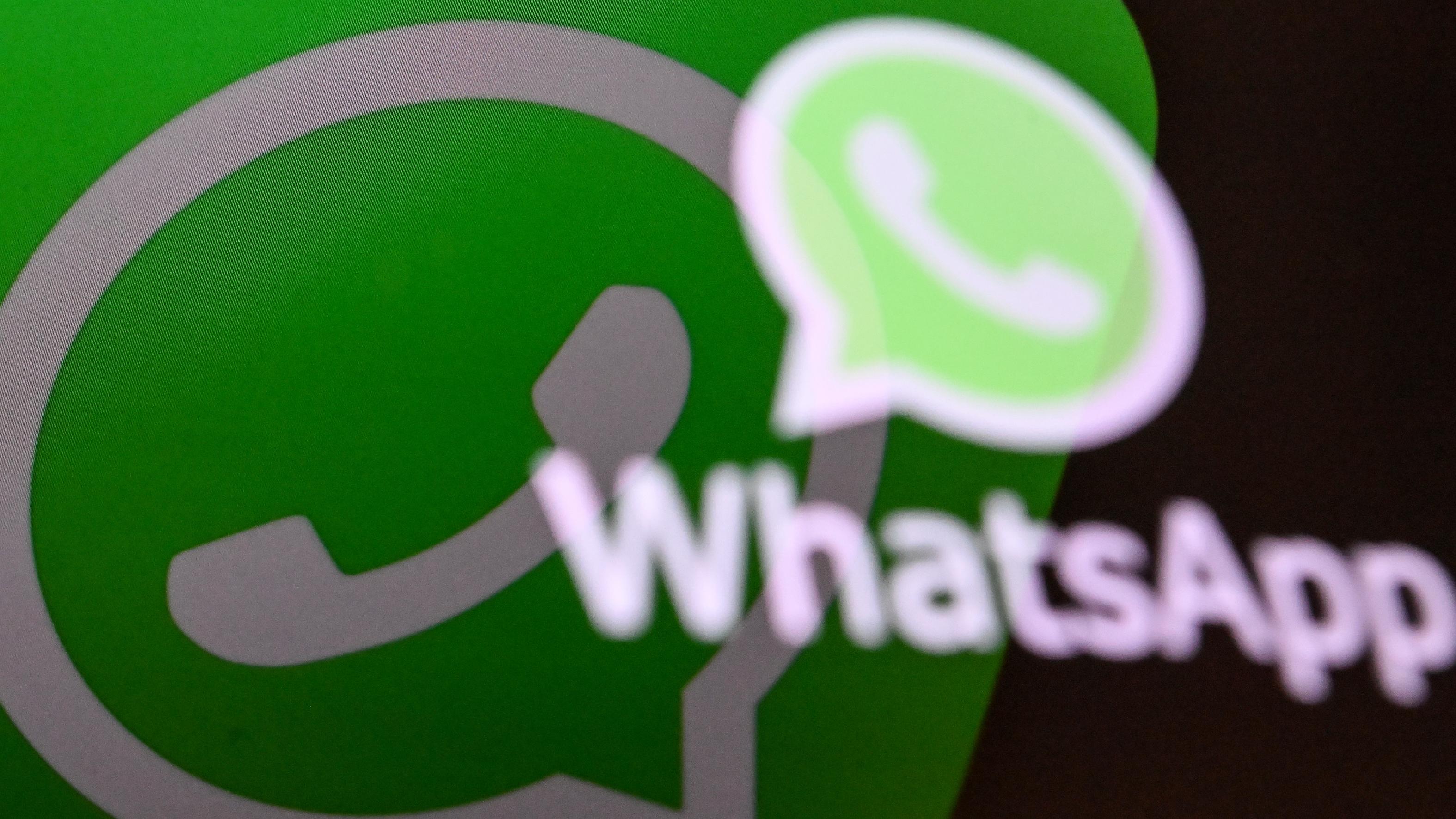 This illustration photograph taken on April 11, 2023, shows the US instant messaging software WhatsApp's logo on a smartphone screen in Moscow. (PHOTO / AFP)
This illustration photograph taken on April 11, 2023, shows the US instant messaging software WhatsApp's logo on a smartphone screen in Moscow. (PHOTO / AFP)
LONDON — British technology minister Michelle Donelan defended plans to require messaging apps to provide access to encrypted private messages when needed to protect children from abuse, which major platforms say would undermine the privacy of their users.
Donelan told the BBC that the government was not against encryption, and the access would only be requested as a last resort, under Britain's Online Safety Bill which is expected to become law later this year.
The dispute is part of a wider debate between large tech companies, governments which say they are defending citizens from harmful content online
"I, like you, want my privacy because I don't want people reading my private messages. They'd be very bored but I don't want them to do it," said Donelan, minister for science, innovation and technology.
READ MORE: Indonesia lifts threat to ban messaging app Telegram
"However, we do know that on some of these platforms, they are hotbeds sometimes for child abuse and sexual exploitation. And we have to be able access that information should that problem occur."
Meta-owned WhatsApp, Signal and other messaging apps have opposed the plan, arguing that the law could give an "unelected official the power to weaken the privacy of billions of people around the world".
The dispute is part of a wider debate between large tech companies, which say they are protecting free speech, and governments which say they are defending citizens from harmful content online.
READ MORE: New messenger app scores sudden success in China
Donelan said the responsibility lay with tech companies to invest in technology to protect children.
"Technology is in development to enable you to have encryption as well as to be able to access this particular information," she said.
"The safety mechanism that we have is very explicit that this (access) can only be used for child exploitation and abuse."


